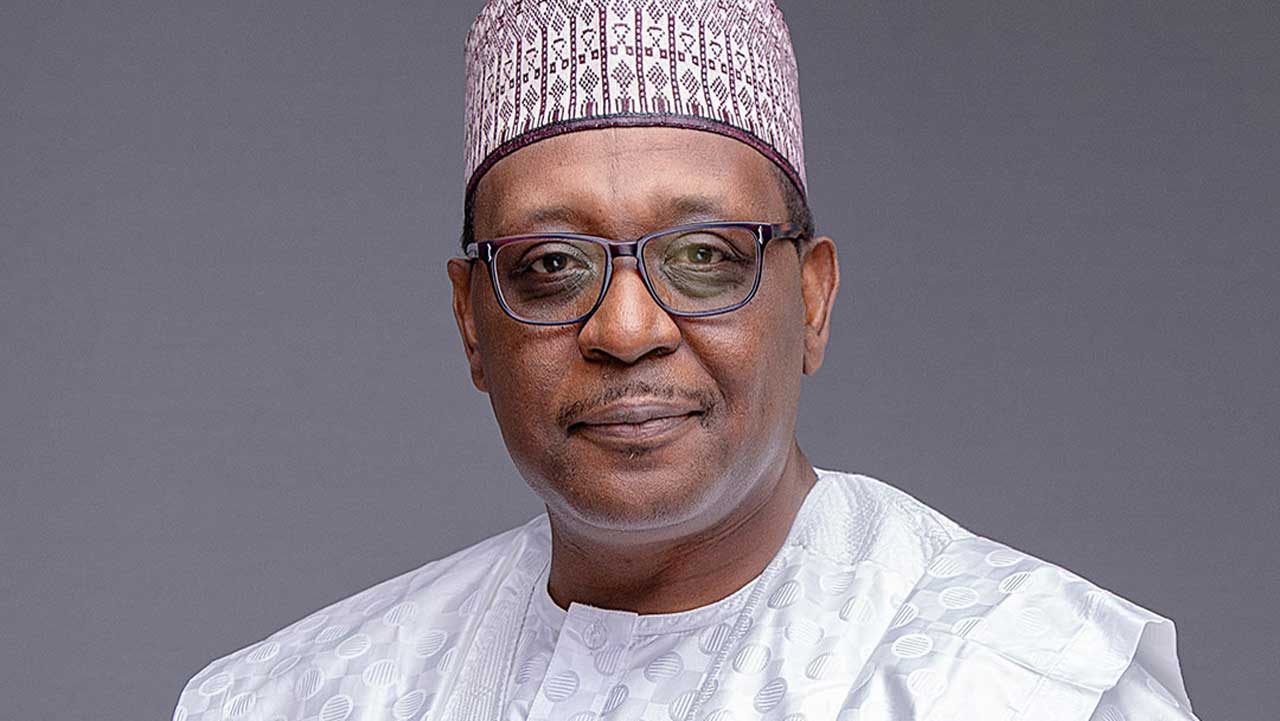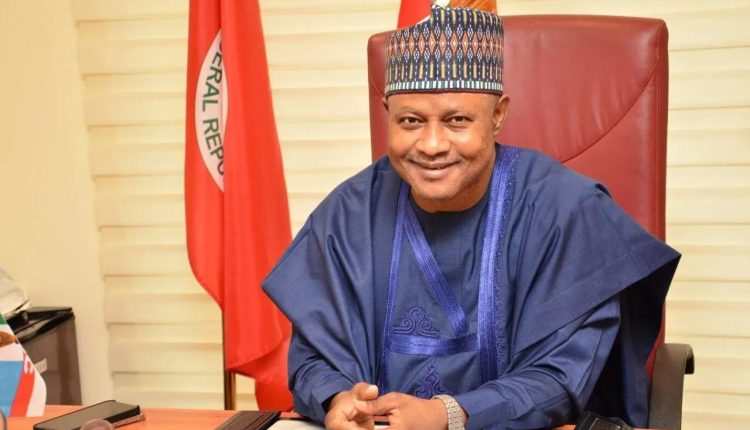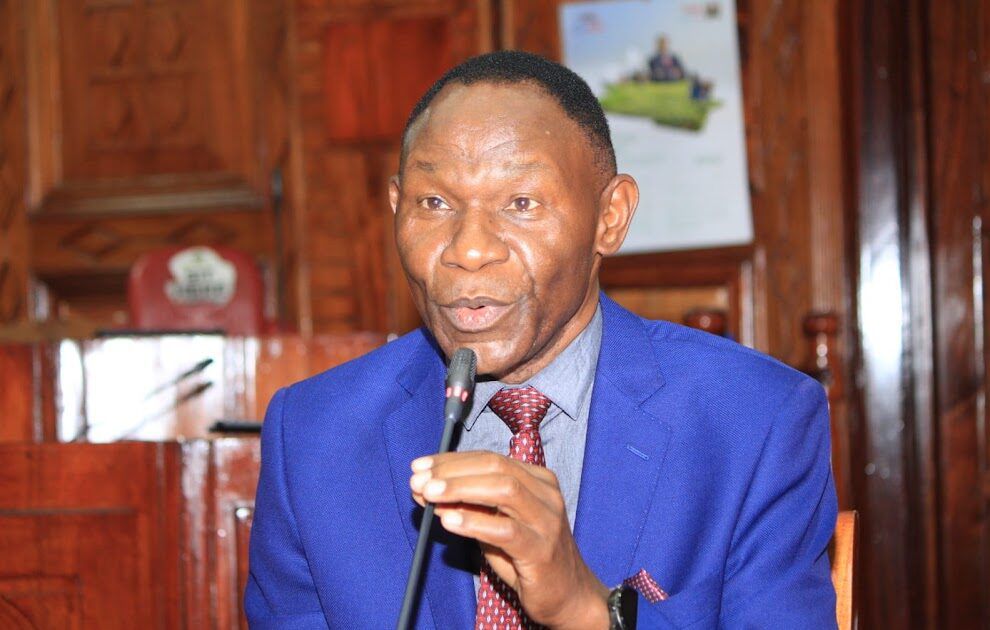In Nigeria, the question of who qualifies as a “youth” has become an almost comical national riddle. Is it 35 and below? Or 40? Or perhaps 50 – if we go by the age of some self-proclaimed “youth leaders” gracing conference stages and chairing youth-focused summits with receding hairlines and grown-up children.
The truth is, this debate misses the point. In a country where age is often manipulated for political or economic advantage, chronological age has become a poor indicator of generational identity. What matters more is a shared experience – a collective feeling of being tethered to a system that has failed to evolve with us, has failed to dignify us, and has in many, many ways, failed us.
Those who are truly young – in body, mind, or spirit – know it not by numbers on a birth certificate but by the actual weight of navigating adulthood in a country that offers so little yet demands so much. I’m in my early 30s, and already, I feel prematurely aged by the grind of survival. Many of my peers joke that “adulthood is a scam,” but behind the shameful laughter is a deeply unsettling truth. The truth that we are coming of age in an environment where hope feels like a luxury, and progress an illusion.
We are the children of interrupted dreams – a generation raised on erratic electricity, defunct water taps, and roads that punish you for having the audacity to travel on them. We grew up calling sachet water “pure” because the alternative was either contaminated or entirely absent. Today, we navigate an adulthood defined by economic precarity, growing insecurity, and a rising cost of living that is not only unsustainable but profoundly dehumanising.
This is not normal. It is not the natural trajectory of life. And we must stop internalising it as such.
We must begin to see our situation as a political consequence, not a personal failure. We must stop blaming ourselves for the failures of leadership that predate us and continue to define us.
The 2027 elections offer not just a political opportunity but a generational turning point. And for Nigerian youth, it must be a moment of radical reckoning, for being confident and brave, for not treating governance as a privilege but a serious responsibility. We must stop ass-licking politicians on social media. We must start holding political leaders’ feet to the fire. And we must do it with sincerity.
But here is where the conversation needs to evolve. Our political commentary usually tends to revolve almost entirely around the centre – the Presidency. We ask: who will be the next president? Which party will take Aso Rock? Yet we say so little – almost nothing – about the 36 emperors in government houses across the federation, unless we are talking about how the popularity of a governorship candidate will affect the presidential elections.
This is a dangerous oversight. The future of this country will not be decided in Abuja alone. In fact, more than ever, Nigeria’s transformation or continued decline will be shaped in the 36 states.
Guys, state governors are not peripheral players in Nigeria’s political and economic architecture. They control between 65–70% of national revenues when you add state allocations and local government funds they directly influence. They exercise constitutional authority over land, education, health, and internal security matters and much more. They are, in essence, sub-national presidents with immense resources but why do they get so very little scrutiny?
How many of us know the economic blueprint of our state governments? How many can confidently articulate the vision or performance indicators of our governors? We roast the President daily – and rightly so – but remain largely indifferent to the governors who are arguably more responsible for the bread-and-butter issues that define our daily lives.
This must change.
Most states remain shockingly dependent on monthly federal allocations. Despite being endowed with rich agricultural land, abundant mineral resources, and a young, energetic population, many states have failed to develop robust internal revenue bases. This culture of dependency has created a toxic political economy where governors make ritualistic pilgrimages to Abuja, not to advocate for their people, but to collect cheques, to wine and dine, to network with colleagues and friends and come back to their states to issue empty press releases while roads crumble, hospitals lack basic equipment, classrooms’ ceilings fall on pupils, and criminals continue to kill and abduct residents.
Some states can barely even pay salaries, let alone fund critical infrastructure or social programmes. And yet, year after year, we re-elect the same political actors or sleepwalk into elections without interrogating their track records. The time has come to end this cycle of passive citizenship.
Youth must not only be voters in 2027; they must be political stakeholders with agenda-setting power. That means moving beyond the superficial politics of personality and party to substantive questions of policy, performance, and accountability. Who is running for governor in your state? What is their track record? What has the current governor been doing if he wants to run again? Do they have a coherent development plan? Are they willing to open up government spending to public scrutiny? Do they even think youth unemployment is a serious crisis?
Believe it or not, no federal policy can succeed if state governments remain dysfunctional. Nigeria’s macroeconomic framework may be set in Abuja, but the real transformation must be driven from the bottom up. States must begin to function not as glorified extension offices of the federal government, but as laboratories of innovation, engines of growth, and protectors of human dignity.
This demands a new kind of governor – not just one who wins elections, not one who wears babban riga and unintelligently says he will be eternally loyal to his godfather, but one who understands governance. One who can harness local strengths, reform state institutions, and design policies tailored to specific needs. It demands state executives who are not afraid to measure outcomes and be held accountable by their citizens. Not the ones who see criticism as attack. Not the ones who are more interested in what the opposition is scheming than the statistics of residents attacked by bandits.
And it demands, more than anything, a youth population that pays attention.
Because we are not just students or Corpers and interns or online vendors or employees or “future leaders.” We are the present. We are the ones planning to get married, raising children, paying rent, starting businesses, and trying to build lives in the midst of national dysfunction. If we do not assert our interests now – loudly, intelligently, and consistently – no one else will.
The 2027 elections are not just about who becomes the next President (even though it matters very much) they are also about whether Nigeria will finally begin to work – and that work must start in the states. We cannot afford to vote blindly. We cannot afford to be sentimental. We cannot afford to allow party colours to blind us to empty manifestos and recycled mediocrity.
We must demand development plans, town hall debates, transparency mechanisms, and youth inclusion that goes beyond credit alerts. We must amplify voices, build movements, and use technology to track performance. We must organise ourselves, educate our peers, and create platforms to interrogate power.
The youth of Nigeria are not powerless. But we have been too distracted, too disillusioned, too disengaged, too shallow, and more worrying, too politicised.
It is time to change that.
The countdown to 2027 has begun – and the future will not be determined by those who shout the loudest on social media, but by those who act with clarity, with strategy, with purpose.
Jalal is the Media Advisor at Athena Centre for Policy and Leadership, and resides in Abuja ([email protected])








